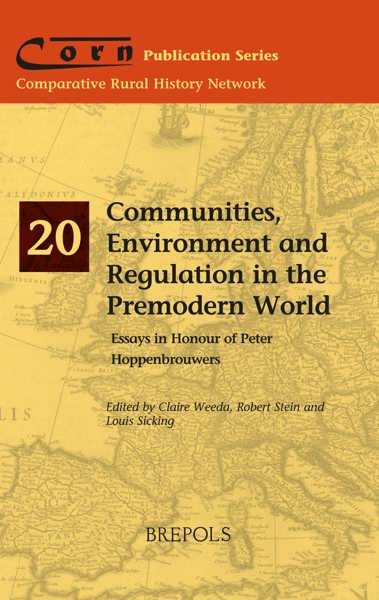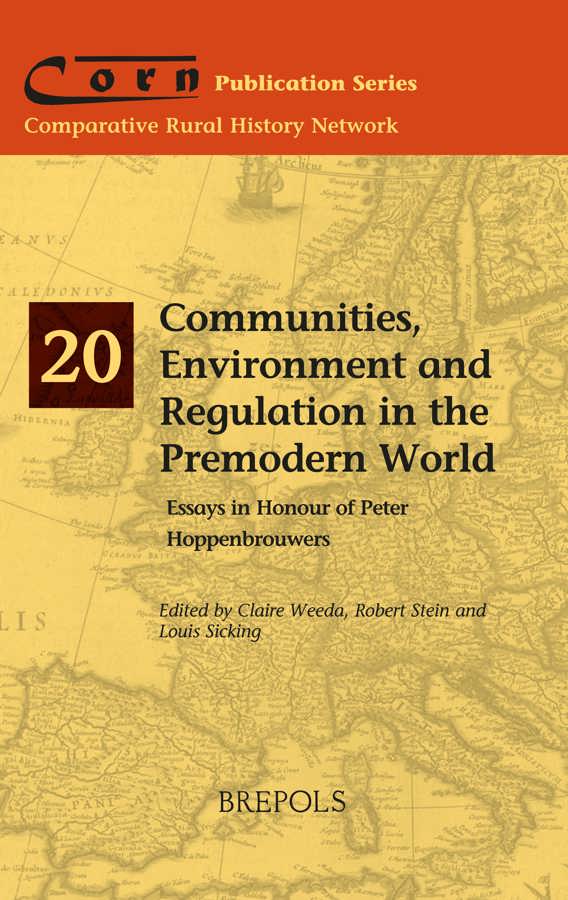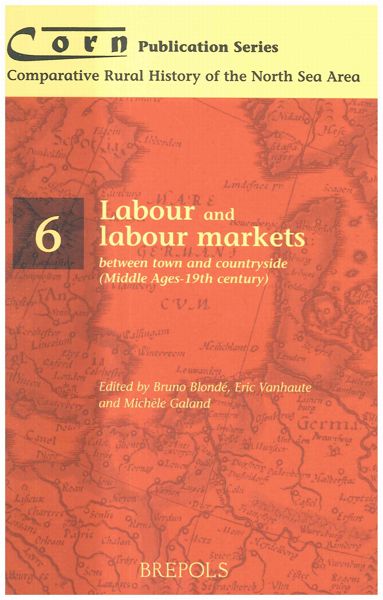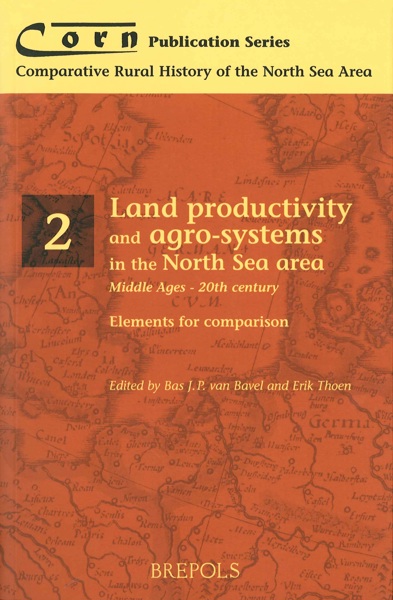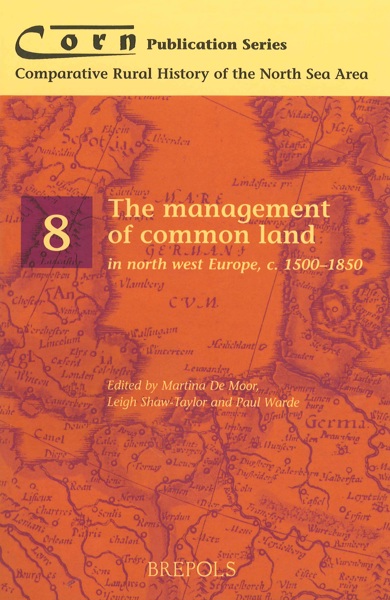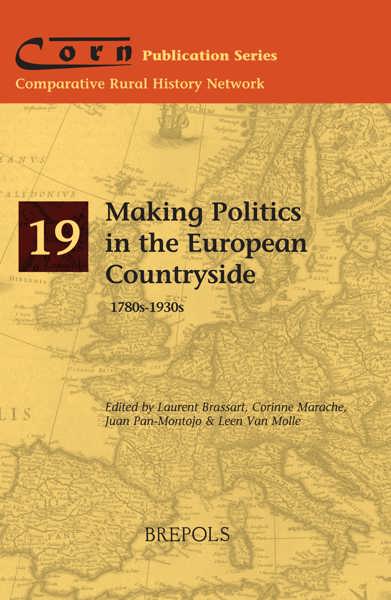
Communities, Environment and Regulation in the Premodern World
Essays in Honour of Peter Hoppenbrouwers
Claire Weeda, Robert Stein, Louis Sicking (eds)
- Pages: 310 p.
- Size:156 x 234 mm
- Illustrations:9 b/w, 9 tables b/w., 1 maps b/w
- Language(s):English
- Publication Year:2022
- € 88,00 EXCL. VAT RETAIL PRICE
- ISBN: 978-2-503-59446-0
- Paperback
- Available
- ISBN: 978-2-503-59447-7
- E-book
- Available
Communities, Environment and Regulation explores how communities organised control over natural resources and the impact of environment on power relations in society.
“(…) the volume merits reading by any scholar interested in medieval or premodern environmental history – particularly those receptive to disparities in power, property, and opportunity within communities, and how those disparities impact on and are impacted by environmental issues. In my view, the importance of this volume is in the way it shows how environmental history is not only a subject invigorated ‘from outside’ by the likes of historical climatology or genetics and constant demands for interdisciplinarity, but also the necessary expression of a fruitful discussion between economic, political, social, and cultural historians – where serial data, the meaning behind and the social contextualization of the serial data, and issues of representation and reception can be addressed as one.” (Daniel R. Curtis, in Agricultural History Review, 71/1, 2023, p. 131)
Claire Weeda is a cultural historian whose main research interests include environmental thought, community membership and biopolitics. Robert Stein is senior lecturer in medieval history. His research focusses on the cultural and political-institutional history of the Netherlands in the late Middle Ages.
Louis Sicking is the Aemilius Papinianus professor of history of international law at Vrije Universiteit Amsterdam. His main research interests include maritime and colonial history and the history of international law and diplomacy. All three are colleagues at the Institute of History of Leiden University
Who had a say in making decisions about the natural world, when, how and to what end? How were rights to natural resources established? How did communities handle environmental crises? And how did dealing with the environment have an impact on the power relations in communities? This volume explores communities’ relationship with the natural environment in customs and laws, ideas, practices and memories. Taking a transregional perspective, it considers how the availability of natural resources in diverse societies within and outside Europe impacted mobility and gender structures, the consolidation of territorial power and property rights. Communities, Environment and Regulation in the Premodern World marks Peter Hoppenbrouwers’s career, spanning over three decades, as a professor of medieval history at Leiden University.
List of Figures, Tables, and Illustrations
List of Contributors
Introduction. Peter Hoppenbrouwers: Portrait of a Dedicated, Versatile and Skilful Medievalist
Robert Stein, Claire Weeda and Louis Sicking
Bachofen Redivivus? Female-biased Kinship in World History
Jeroen Duindam
Peasants’ Voices in Territorial Politics
Wim Blockmans
No Second Lord. Agriculture and Climatic Variability in the Late Medieval Low Countries
Tim Soens
The Porous City: Dealing with Public Health Crises in Fifteenth-Century Sint-Truiden
Claire Weeda
Hunger tales: Remembering Famine in Sixteenth-Century Leiden
Judith Pollmann
Who Owns and Controls the Water? Water Management in Mamluk Cairo
Maaike van Berkel
The Wilderness of Holland. From Hunting Ground to Well-Administered Part of the Domains
Robert Stein
The Great Transformation of the Dune Ridge Landscape. How Water Management, Peat Extraction and Sand Excavation Led to Agricultural Innovation in the Dune Region between Haarlem and Leiden, 1400-1650
Petra van Dam
The Law of Wreck in Flanders, Holland and Zeeland in the Late Middle Ages
Louis Sicking and Jan de Klerk
The Counts of Nassau and the Performance of Lordship in Late Medieval Brabant
Mario Damen
Personal Violence in the Frisian Countryside
Hans Mol
The Safavids Between Pen and Sword
Gabrielle van den Berg
